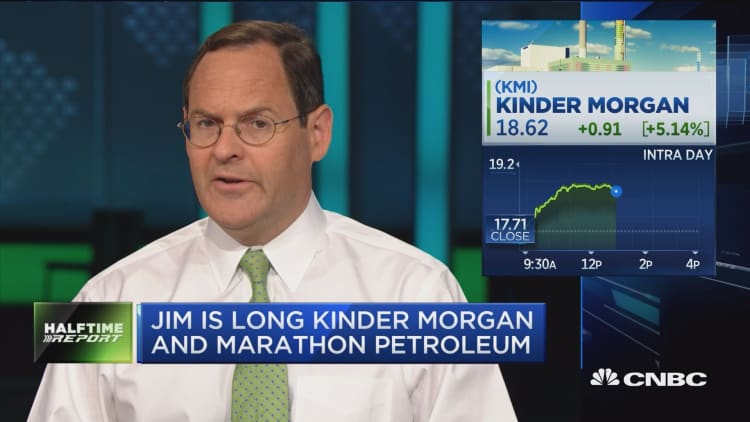Oil fell on Thursday, pressured by returning Nigerian and Canadian output and as traders looked to book profits ahead of the long holiday weekend in the United States.
Resurgent Nigerian supply will put pressure on prices, Goldman Sachs said, adding that outages caused by Canadian wildfires would virtually end by September.
OPEC's oil output has risen in June to its highest in recent history, a Reuters survey showed, as Nigeria's output partially recovers from militant attacks and Iran and Gulf members boost supplies.
Oil production in Nigeria has risen to about 1.9 million barrels per day (bpd) from 1.6 million, due to repairs and a lack of new major attacks on pipelines in the Delta region, the state oil company said on Monday.
The market was in the midst of a round of profit taking selling ahead of a long holiday weekend in the United States, and trading liquidity was likely to start to decreasing as early as Thursday afternoon, said Dominick Chirichella, senior partner at the Energy Management Institute.

Brent crude was down 89 cents a barrel, or 1.8 percent, at $49.72, having risen in the two previous sessions. U.S. crude settled 3.1 percent lower, or $1.55, at $48.33 a barrel.
The more active Brent contract for September delivery traded down $1.19 at $50.13 a barrel. The global benchmark rose in the previous two sessions, making up losses after a shock Britain exit from the European Union rattled markets across the world.
U.S. and Brent crude have risen by more than 85 percent since reaching 12-year lows early this year, supported by expectations that a glut that has been weighing on prices since 2014 would start to ease following the disruptions in Nigeria and Canada.
"Supply is gradually improving in Canada, although in Norway we still have some risk," said Olivier Jakob of Petromatrix,
In Norway, oil companies and trade unions began two-day wage talks in a bid to avert a strike that would initially cut the country's oil and gas output by 6 percent, the Norwegian Oil and Gas Association said.
Jakob said a weak gasoline crack was also weighing on crude.
"I don't think the case is there for $30 oil, but to go to $60 you need to see stronger support from the products," he said.

"Short-term supply conditions look overwhelmingly bearish," said Georgi Slavov, global head of energy, iron ore and shipping research at Marex Spectron, in a report on Wednesday.
Longer term though, economists and analysts say the global oil markets will be broadly balanced as risks in countries such as Venezuela could disrupt supply further.
"I think we're going be range-bound for the next six months," said Alan Harry, director of trading at McNamara Options LLC in New York.
"I think if we didn't have a strong driving season, we would be coming off more because we still have to deal with the fact that there's a big oversupply of crude oil," he added to the U.S. summer driving season.
Prices found some support after market intelligence firm Genscape reported an inventory drop of about 500,000 barrels at the Cushing, Oklahoma delivery hub for U.S. West Texas Intermediate (WTI) futures in the week to June 28, traders who saw the data said.
Steady declines in U.S. output is adding to the rebalancing. U.S. crude stockpiles fell for a sixth consecutive week, the U.S. Energy Information Administration reported on Wednesday.
Correction: This article has been corrected to show that Norwegian oil and gas output is projected to fall 6 percent. It was also updated to reflect U.S. oil settled at $48.33 a barrel, down 3.1 percent, or $1.55.

